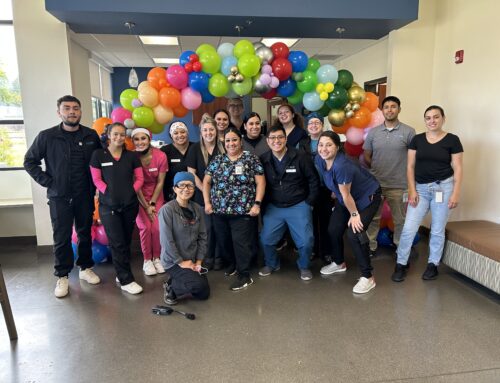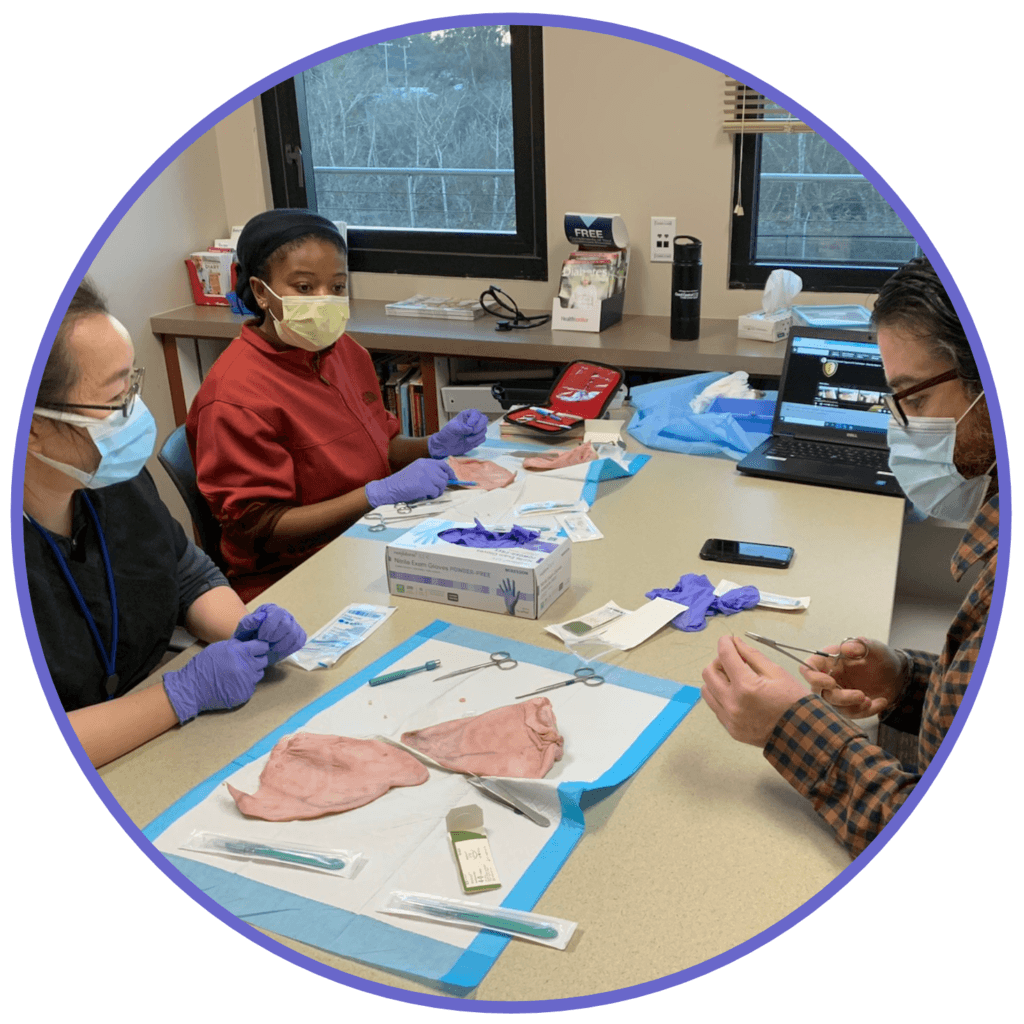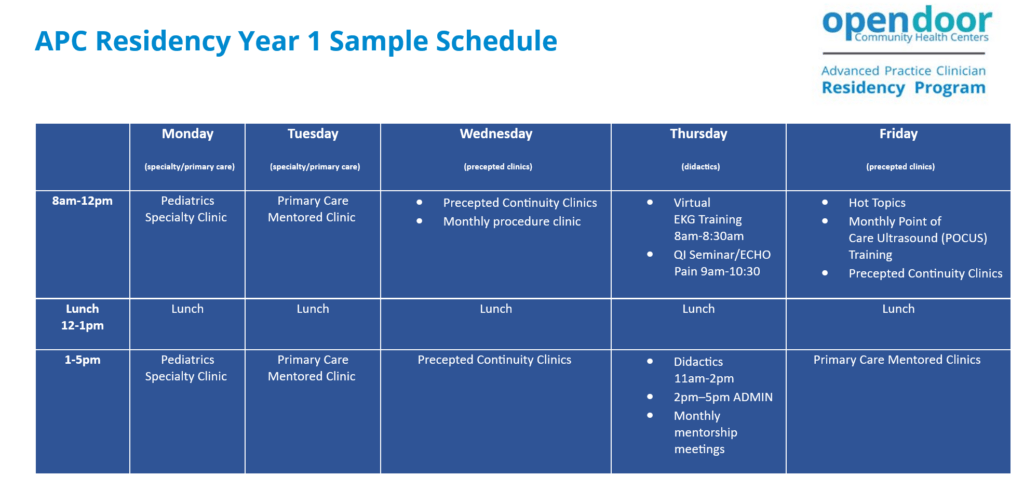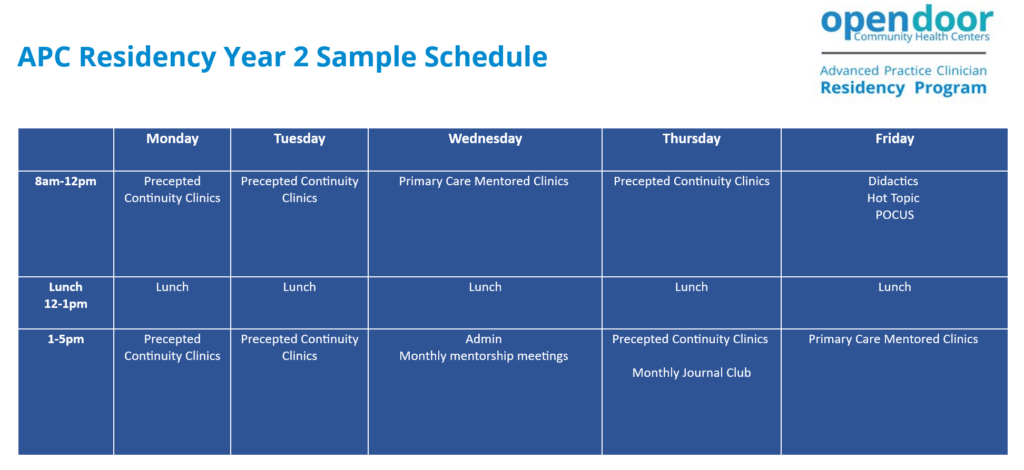ACOG (American College of Obstetricians and Gynecologists) recommends that vaccines should not be held from pregnant or lactating women. However, the COVID-19 vaccine has not been widely studied in pregnant or lactating women. While it has not yet been appropriately studied, there is also no data that they are unsafe.
Pregnant women are considered to be an at risk population for COVID-19. Those patients with pregnancy and other medical problems are at any even higher risk. As availability becomes more readily available for the vaccine, ACOG has worked closely with ACIP (Advisory Committee on Immunization Practices) to have pregnant women included in the high risk medical conditions group. While every patient has unique risks, ODCHC as an organization supports choice, and specifically pregnant women getting the vaccine. You can discuss further with your provider your unique situation.
Expected side effects are similar to a mild flu-like syndrome. Most common side effects include pain at the injection site (arm soreness), fever, fatigue, headache, and muscle ache. These are the typical immune responses to foreign material that enters our body. This is a good thing! It means the body is working hard to create that protection to future exposure. Tylenol can and should be used in these instances. There are rare responses of allergic reactions, which are possible with any new substance you use on/in your body.
There is no preference for which COVID-19 vaccine to used during pregnancy. The Pfizer vaccine is approved for 16 years and older while the Moderna vaccine is approved for 18 years and older. As more vaccines are approved by the FDA, we will keep you posted. In the mean time, you should get whichever vaccine is available and offered to you.
ACOG recommends vaccination of individuals who are actively trying to become pregnant or are contemplating pregnancy and meet the criteria for vaccination based on ACIP prioritization recommendations. Additionally, it is not necessary to delay pregnancy after completing both doses of the COVID-19 vaccine.
Individuals from communities of color were included in clinical trials and the vaccines were equally effective across age, gender, race, and ethnicity demographics.

























